Your search “com16501.content.olc.org/com/ref/collection/criminal/did/154 ”
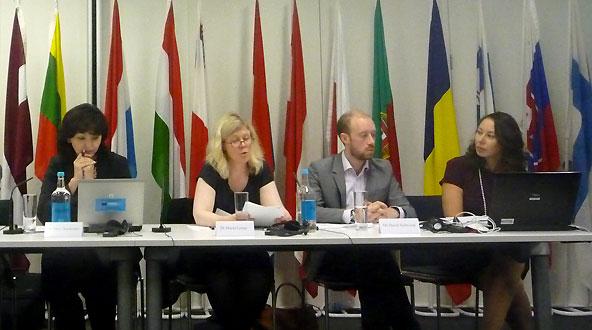
Article(s)
Opening up the debate in countries with the death penalty
By Penal Reform International, on 19 September 2011
On 19 and 20 September, World Coalition member organisation Penal Reform International (PRI) is bringing 120 people from retentionist countries to London to discuss global trends towards abolition of the death penalty.
2011
Cruel, Inhuman and Degrading Treatment and Punishment
Public Opinion
Syrian Arab Republic
United Kingdom

Article(s)
75th UN General Assembly High-Level Event Focuses on the Gender Dimension of the Death Penalty
By Gia Tongson, on 6 October 2020
On September 24th, the UN Permanent Mission of Italy, the European Union, and Amnesty International, in cooperation with the UN Office of the High Commissioner on Human Rights (OHCHR) and UN Women, held a high-level virtual event that shed light on the gender dimension of the death penalty. The webinar was conducted as part of […]
2020
Death Row Conditions
Fair Trial
Women

Article(s)
Notes on the Supreme Court Trial in the Chen Fu-hsiang Case: Life or Death Debates in the Style of ChatGPT
By Lin Tzu-Wei (Legal Director of the Taiwan Alliance to End the Death Penalty), on 14 July 2023
Article first published in april on TAEDP’s website Return of life or death debates Following the previous oral arguments on death penalty cases at the Supreme Court in 2021, another life or death debate took place in April this year. This time, I had the opportunity to attend the oral arguments of the “Chen Fu-hsiang […]
2023
Taiwan
Article(s)
Significant but fragile progress in the Great Lakes region
on 1 May 2007
Rwanda and Burundi are apparently close to abolishing the death penalty; in the Democratic Republic of Congo, all references to capital punishment have been removed from the text of the constitution. The death penalty is on borrowed time in these countries scarred by conflicts. For the first time, the region’s abolitionists met in Paris and called for the creation of a regional coalition.
2007
Democratic Republic of the Congo
Public Opinion
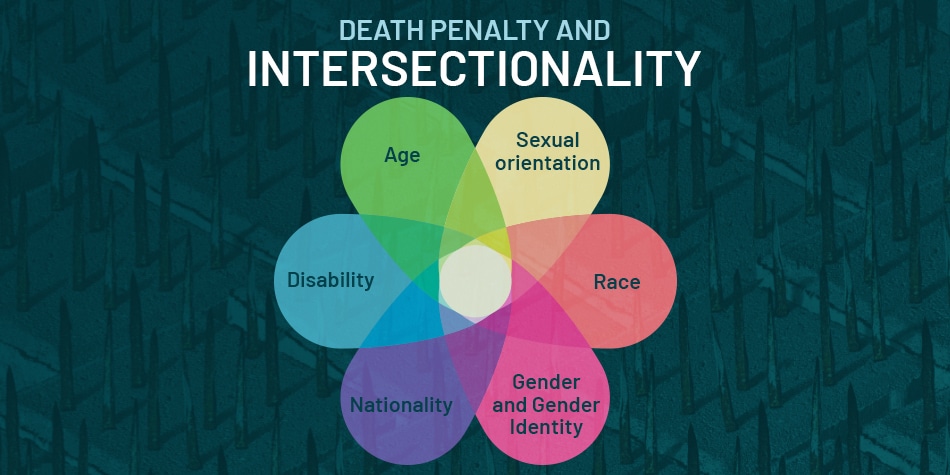
Article(s)
Joint statement on the death penalty and human rights of women and LGBTQIA+ individuals
By World Coalition Against the Death Penalty, on 10 October 2022
20th World Day against the Death Penalty On this 20th anniversary of the World Day Against the Death Penalty dedicated to the link between torture and the use of the death penalty and in continuation of the 2021 World Day Against the Death Penalty dedicated to women facing capital punishment, sentenced to death, executed, pardoned […]
2022
Cruel, Inhuman and Degrading Treatment and Punishment
Death Row Conditions
Fair Trial
Women
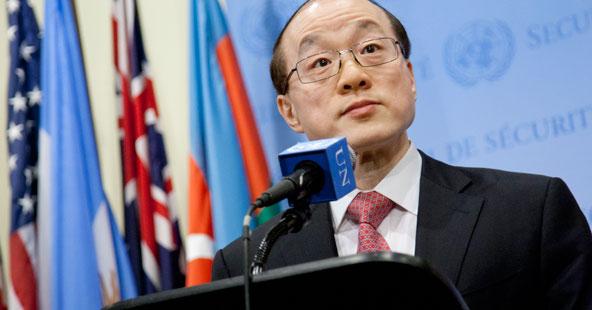
Article(s)
How far is China ready to reduce its use of the death penalty?
By Aurélie Plaçais, on 25 November 2013
The number one executioner in the world recently made national and international commitments to continuing to reform its death penalty, but how far is China really ready to go?
2013
China
Clemency
Drug Offenses
Terrorism
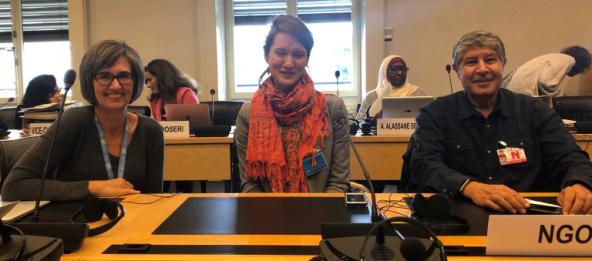
Article(s)
The Rights of Children Whose Parents Are Sentenced to Death – The Case of Tunisia
By Lisa Borden, volunteer with The Advocates for Human Rights, on 30 October 2019
I joined Bronwyn Dudley of the World Coalition Against the Death Penalty, and Choukri Latif of the Coalition tunissiene contre la peine de mort (a Tunisian anti-death penalty NGO), to address the committee regarding Tunisia’s failure to implement the rights of children whose parents have been sentenced to death or were executed.
2019
Juveniles
Tunisia
Article(s)
Legal Officer – The Death Penalty Project
By The Death Penalty Project, on 23 January 2018
The Death Penalty Project recruits a Legal Officer.
2018
United Kingdom
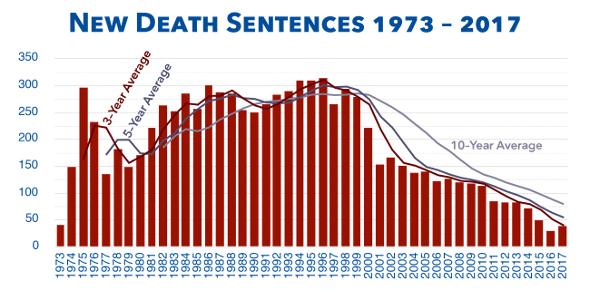
Article(s)
U.S. sees second fewest death sentences and executions in 25 Years
By Death Penalty Information Center, on 22 March 2018
Public support for the death penalty drops to 45-Year low as four More death-row prisoners Exonerated in 2017. “The Death Penalty in 2017: Year End Report” is now available.
2018
United States
Article(s)
Research Assistant
By Death Penalty Worldwide, Cornell Law School and World Coalition Against the Death Penalty, on 8 February 2016
Death Penalty Worldwide of Cornell University Law School and the World Coalition Against the Death Penalty invite applications for a five-month internship placement in Paris from March to July 2016.
2016

Article(s)
Statement of international solidarity with the families of people sentenced to death in Iran
By The World Coalition Against the Death Penalty, on 15 September 2022
The World Coalition Against the Death Penalty express its solidarity with the families and relatives of people who are sentenced to death in Iran and with the civil society organizations supporting them.
2022
Iran (Islamic Republic of)
Document(s)
Death Penalty Politics: The Fragility of Abolition in Asia and the Pacific
By Mark Finnane, Mai Sato and Susan Trevaskes, on 1 September 2022
2022
Academic report
More details See the document
Despite a steady increase worldwide in the number of states that have abolished the death penalty, capital punishment remains a troubling presence in the international order. The world’s leading powers in terms of economics and population include the retentionist states of China, India, Japan and the United States of America (USA). It seems there is no linear path to abolition, and its achievement is indeterminate. Yet, in international human rights law, death penalty abolition is a powerful norm embraced by half the countries across the world. While the majority of death penalty research has emanated from and focuses on the USA, well over 90 per cent of global executions occur in Asia, which lags behind the global trend towards abolishing the death penalty. Our symposium and this collection seek to bring perspectives from a variety of disciplines and methods—historical, legal, sociological, comparative— to bear on the questions of retention and abolition in a variety of jurisdictions and time periods.
This article was first published in Crime Justice Journal: https://www.crimejusticejournal.com/issue/view/119
- Document type Academic report
Document(s)
‘Upholding the Cause of Civilization’: The Australian Death Penalty in War and Colonialism
By Mark Finnane, on 1 September 2022
Academic report
Australia
More details See the document
The abolition of the death penalty in Queensland in 1922 was the first in Australian jurisdictions, and the first in the British Empire. However, the legacy of the Queensland death penalty lingered in Australian colonial territories. This article considers a variety of practices in which the death penalty was addressed by Australian decision-makers during the first half of the 20th century. These include the exemption of Australian soldiers from execution in World War I, use of the death penalty in colonial Papua and the Mandate Territory of New Guinea, hanging as a weapon of war in the colonial territories, and the retrieval of the death penalty for the punishment of war crimes. In these histories, we see not only that the Queensland death penalty lived on in other contexts but also that ideological and political preferences for abolition remained vulnerable to the sway of other historical forces of war and security.
This article was first pubished in Crime Justice Journal: https://www.crimejusticejournal.com/issue/view/119
- Document type Academic report
- Countries list Australia
Document(s)
World Coalition Activity Report 2022
By World Coalition Against the Death Penalty, on 22 August 2023
2023
World Coalition
Trend Towards Abolition
frMore details Download [ pdf - 323 Ko ]
- Document type World Coalition
- Themes list Trend Towards Abolition
- Available languages Rapport d'Activité de la Coalition Mondiale 2022
Document(s)
The Road to Abolition?: The Future of Capital Punishment in the United States
By Charles J. Ogletree and Austin Sarat, on 24 August 2023
2023
Book
United States
More details See the document
At the start of the twenty-first century, America is in the midst of a profound national reconsideration of the death penalty. There has been a dramatic decline in the number of people being sentenced to death as well as executed, exonerations have become common, and the number of states abolishing the death penalty is on the rise. The essays featured in The Road to Abolition? track this shift in attitudes toward capital punishment, and consider whether or not the death penalty will ever be abolished in America.The interdisciplinary group of experts gathered by Charles J. Ogletree Jr., and Austin Sarat ask and attempt to answer the hard questions that need to be addressed if the death penalty is to be abolished. Will the death penalty end only to be replaced with life in prison without parole? Will life without the possibility of parole become, in essence, the new death penalty? For abolitionists, might that be a pyrrhic victory? The contributors discuss how the death penalty might be abolished, with particular emphasis on the current debate over lethal injection as a case study on why and how the elimination of certain forms of execution might provide a model for the larger abolition of the death penalty.
- Document type Book
- Countries list United States
Document(s)
REPORT ON THE CRIMINAL JUSTICE SYSTEM IN TRINIDAD AND TOBAGO
By Bar Human Rights Committee, on 1 January 2003
2003
NGO report
More details See the document
The purpose of the Report is to assist the Honourable Court by describing the criminal justice process in Trinidad as it applies to those accused of murder. As a criminal defence and constitutional law attorneys in Trinidad, we have been asked to address, in particular, some of the shortcomings apparent in the Trinidadian criminal justice system and certain related constitutional issues. The Report deals with the following issues: a. The constitutional history and sources of law in Trinidad; b. The law of murder in Trinidad; c. An overview of criminal procedure; d. The stages of the criminal process in murder cases; e. The mandatory death penalty; f. The prerogative of mercy.
- Document type NGO report
- Themes list Networks,
Document(s)
Abolitionnist portrait
By World Coalition against the death penalty , on 10 October 2004
2004
Campaigning
Trend Towards Abolition
frMore details See the document
Abolitionnist portrait
- Document type Campaigning
- Themes list Trend Towards Abolition
- Available languages Portrait d'abolitionnistes
Document(s)
Blaming it on the past: Usages of the Middle Ages in contemporary discourses of the death penalty in England
By Death Penalty Research Unit (DPRU), University of Oxford, on 5 February 2024
2024
Academic Article
United Kingdom
More details See the document
Published in December 2023.
In popular, intellectual and political culture, the Middle Ages are intrinsically tied to violent images of public executions. To historians of the medieval period, this temporal attachment of the death penalty to a remote period is puzzling, especially since it is still widely enforced in the world today and was only relatively recently abolished in Europe. Capital punishment is not only a part of history, but a modern-day reality. Why, therefore, do we pin this punishment to the Middle Ages? This paper aims to analyse the discourses surrounding the usage of the Middle Ages in modern discussions on the death penalty, and to clarify medieval practices of capital punishment, showing how remote they are from our contemporary understanding
- Document type Academic Article
- Countries list United Kingdom

Article(s)
ADPAN welcomes Mongolia’s decision abolish death penalty in law
By ADPAN, on 18 December 2015
Mongolia abolished the death penalty for all crimes in law on 3 December 2015 by adopting a new Criminal Code without any reference to capital punishment. Mongolia had already taken a strong commitment in 2012 by ratifying the Second Optional Protocol to the ICCPR, and it was one of the World Coalition’s target countries for the follow-up of the ratification campaign. The new Criminal Code will come into effect in September 2016
2015
Document(s)
The Death Penalty For Drug Offences: Global Overview 2023
By Harm Reduction International, on 28 March 2024
2024
NGO report
Drug Offenses
More details See the document
Published in 2023.
At the end of 2023, 34 countries retained the death for drug offences. In July 2023 Pakistan took the landmark decision to remove the death penalty from the list of punishments that can be imposed for certain violations of its Control of Narcotics Substances Act. This year also saw notable progress in Malaysia, which abolished the mandatory death penalty for all offences, including drug-related ones. This reform may impact the lives of over 700 people on death row for drug offences and bring the country one step closer to total abolition of capital punishment. In stark contrast to these positive developments is the record-high number of drug-related executions in 2023 at least 467. Of those executed, at least 59 people belonged to ethnic minority groups (in Iran and in Singapore), 13 individuals were foreign nationals, and six were women. These figures confirm that these groups are uniquely vulnerable to capital punishment as a tool of drug control. Despite not accounting for the dozens, if not hundreds, of executions believed to have taken place in China, Vietnam, and North Korea, the 467 executions that took place in 2023 represent a 44% increase from 2022.
- Document type NGO report
- Themes list Drug Offenses
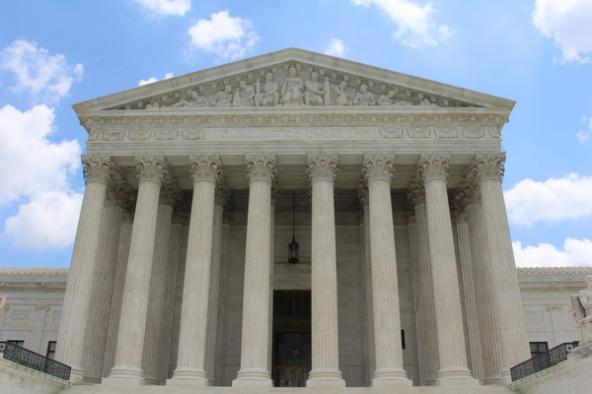
Article(s)
US Federal Executions Resume
By Louis Linel, on 28 July 2020
It has been 17 years since the United States decided on a de facto moratorium on federal executions, which can be carried out only for certain federal criminal offences. This moratorium, however, ended in July.
2020
Moratorium
United States
Document(s)
The death penalty in Egypt: Ten year after the uprising
By Jeed Basyouni - Reprieve, on 10 August 2021
2021
NGO report
Cruel, Inhuman and Degrading Treatment and Punishment
Death Row Conditions
Egypt
Fair Trial
More details See the document
Reprieve wrote this report about the use of the death penalty in Egypt.
- Document type NGO report
- Countries list Egypt
- Themes list Cruel, Inhuman and Degrading Treatment and Punishment / Death Row Conditions / Fair Trial

Article(s)
FIACAT and ACAT Benin congratulate Benin on having removed the death penalty from its criminal legislation
By FIACAT, on 6 June 2018
Cotonou, Paris, 6 June 2018 – On 5 June, Benin’s National Assembly adopted a new Penal Code removing all references to the death penalty from the law.
2018
Benin
14-United-Nations-Congress-on-Crime-Prevention-and-Criminal-Justice
on 23 April 2021
2021
Document(s)
American Death Penalty Exceptionalism, Then and Now
By Jordan Steiker, California Western International Law Journal , on 1 February 2024
2024
Academic Article
United States
More details See the document
Published in October 2023.
The most commonly observed fact of American capital punishment is its present outlier status: the United States (U.S.) is the only developed Western democracy that retains the death penalty, and it does so not simply as a matter of law, but as a matter of practice, conducting numerous executions every year. This “exceptionalism” with respect to the death penalty is noteworthy, but focusing on present-day American retention obscures many additional aspects of American death penalty exceptionalism. This Keynote will trace several ways in which the American death penalty was an outlier at its founding and throughout its subsequent history, as well as the varied aspects of its exceptionalism today. I will conclude by predicting that U.S. exceptionalism will soon come to an end–with an “exceptional” form of death penalty abolition, traceable to the distinctive path of the American death penalty
- Document type Academic Article
- Countries list United States
Document(s)
Iraq – Committee Against Torture – Death Penalty – March 2022
on 18 March 2022
2022
NGO report
World Coalition
Iraq
More details Download [ pdf - 250 Ko ]
This report provides an update to the coauthors’ report at the List of issues stage and responds to the State party’s responses to the Committee’s questions in the List of issues that touch on the death penalty.
- Document type NGO report / World Coalition
- Countries list Iraq
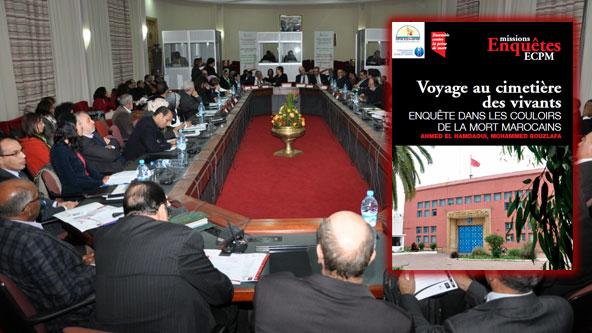
Article(s)
Abolitionist movement shifts up a gear in Morocco
By Thomas Hubert, on 20 December 2013
Through engagement with members of Parliament, the publication of an unprecedented report on death row conditions and the launch of a new website, the Moroccan abolitionist movement is entering a new dimension.
2013
Mental Illness
Morocco
Article(s)
Program and Admin Assistant (Trainee)
By World Coalition Against the Death Penalty, on 9 October 2018
The World Coalition Against the Death Penalty recruits an intern for a period of 6 months starting in September 2019.
2018
Article(s)
Program and Admin Assistant (Trainee)
By World Coalition Against the Death Penalty, on 31 March 2020
The World Coalition Against the Death Penalty is recruiting an intern for a period of 6 months going from mid-June to mid December 2020.
2020
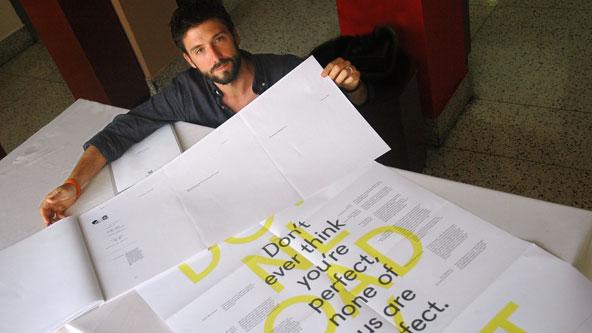
Article(s)
Publishing the final words of the executed to restore their humanity
By Thomas Hubert, on 16 October 2014
Publisher Joshua Herman and photographer Marc Asnin want to issue thousands of American schools with a book presenting the final statements of executed prisoners in an attempt to remind supporters and opponents of the death penalty alike that it targets human beings.
2014
Public Opinion
United States

Article(s)
Marc Bossuyt: “Countries that have not signed up to the Protocol should feel isolated”
By Pierre Désert, on 27 June 2008
Marc Bossuyt was UN Special Rapporteur for drawing up the Second Optional Protocol to the International Covenant on Civil and Political Rights. He is now president of Belgium’s Constitutional Court.
2008
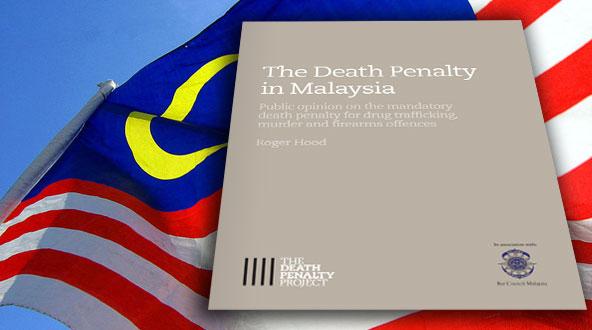
Article(s)
Malaysian popular support for mandatory death penalty overstated
By Thomas Hubert, on 10 July 2013
A detailed opinion survey commissioned by the Death Penalty Project in Malaysia found that while most people initially respond supportively when asked about mandatory death sentences, their opinion changes when confronted with practical cases and additional information.
2013
Malaysia
Public Opinion

Article(s)
French youth event emboldens next abolitionist generation
By Bronwyn Dudley, on 22 October 2014
The testimony of an exonerated death row prisoners helped international students overcome initial awkwardness and launch into passionate debates at the invitation of Paris-based organisations on World Day Against the Death Penalty.
2014
France
Iran (Islamic Republic of)
Morocco
United States

Article(s)
California ruling paves way for abolition of one of the world’s largest death rows
By Elizabeth Zitrin, on 18 July 2014
United States Federal District Court Judge Cormac J. Carney, who was appointed by former President George W. Bush, a strong supporter of the death penalty, ruled on 16 July that California’s death penalty system violates the US Constitution.
2014
Cruel, Inhuman and Degrading Treatment and Punishment
United States
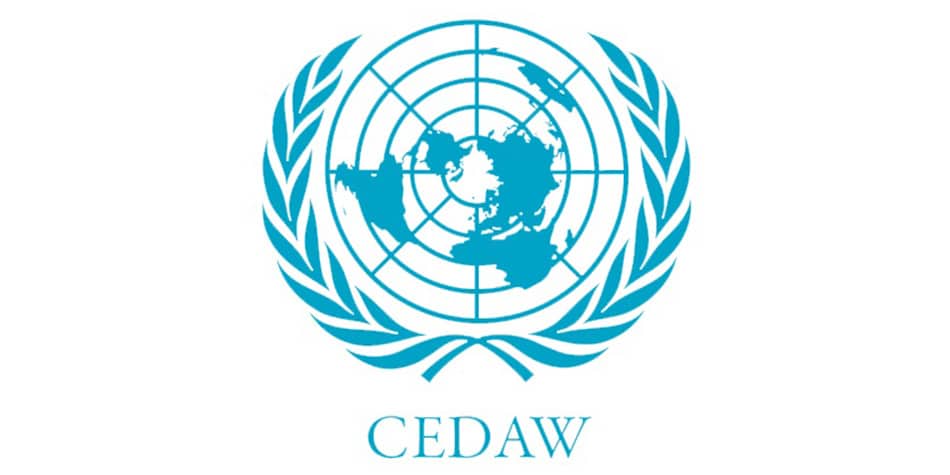
Article(s)
Abolitionist advocacy at the 88th CEDAW Session
on 7 June 2024
The 88th session of the Committee on the Elimination of Discrimination Against Women (CEDAW) was held in Geneva, Switzerland, from May 13 to 31, 2024.
2024
Brazil
Estonia
Gender
Kuwait
Malaysia
Montenegro
Republic of Korea
Rwanda
Singapore
Article(s)
US activists turn spotlight on executed innocent man
on 28 September 2009
An official report and a feature in the New Yorker have confirmed that Todd Willingham was not guilty of the arson for which he was executed. Abolitionist campaigners are now targeting his case.
2009
Innocence
United States
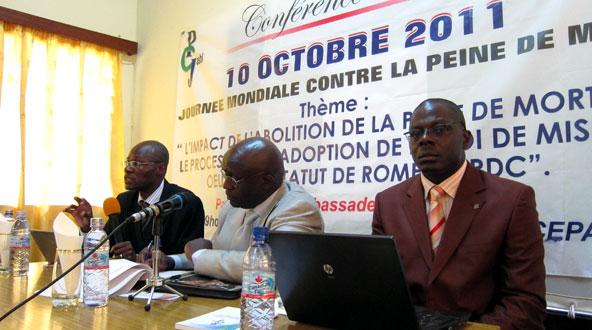
Article(s)
The death penalty and the situation in Africa debated in Kinshasa
on 17 October 2011
A debate led by members of the World Coalition in the Democratic Republic of Congo discussed international law, local sensitivities and abolition.
2011
Democratic Republic of the Congo
Fair Trial
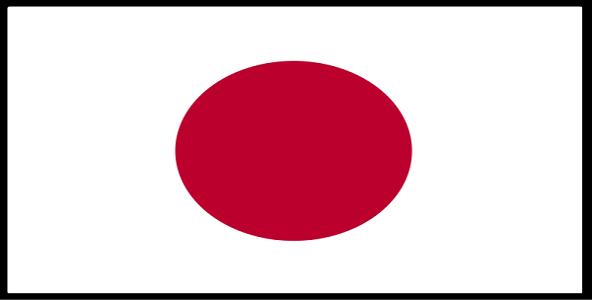
Article(s)
Joint statement of the death penalty in Japan
By Center for Prisoners' Rights and Japan Innocence & Death Penalty Information Center, on 30 March 2018
Joint Statement signed by Center for Prisoners’ Rights and Japan Innocence & Death Penalty Information Center to to call Japanese government for a sincere dialogue while condemning the government for refusing a dialogue with international communityand not accepting capital punishment as a human rights issue.
2018
Japan
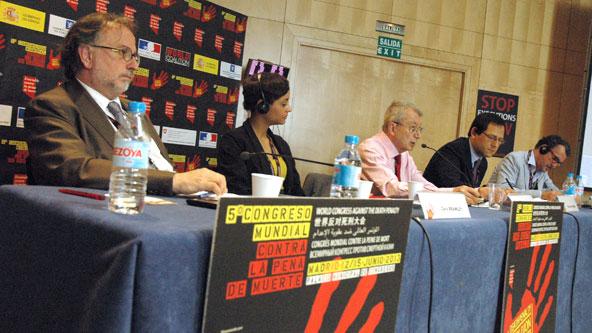
Article(s)
Two perspectives on assistance to foreign nationals facing the death penalty
By Thomas Hubert, on 13 June 2013
World Coalition member Reprieve and the Mexican government share their experience of helping those facing a capital case overseas.
2013
Legal Representation
Mexico
United States
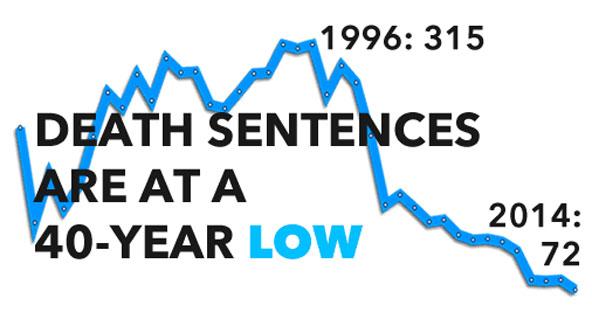
Article(s)
Fewest death sentences in 40 years in the US
By Death Penalty Information Center, on 12 January 2015
The number of executions in the United States was at its lowest in 20 years and seven death row prisoners were exonerated in 2014.
2015
Intellectual Disability
Mental Illness
United States

Article(s)
TAEDP Withdraws from Ministry of Justice’s Task Force to Research the Gradual Abolition of the Death Penalty
By TAEDP, on 30 April 2020
TAEDP Press Release, April 2, 2020The Taiwan Alliance to End the Death Penalty made this decision after the Ministry of Justice, in total disregard for the rule of law, arbitrarily and illegally executed a death row inmate on April 1, 2020.
2020
Taiwan

Article(s)
Experts analyse the relationship between poverty and the death penalty
By Dr. Lina M. Torres Rivera, on 18 June 2018
The International Studies Programme Overseas Relations Assembly and the Institute for Human Rights Research and Promotion (INIPRODEH) organised a forum: The Death Penalty and Poverty on the 89th anniversary of abolition of the death penalty in Puerto Rico. Eminent figures from the abolitionist movement and academia reviewed and analysed research into this issue.
2018
Puerto Rico
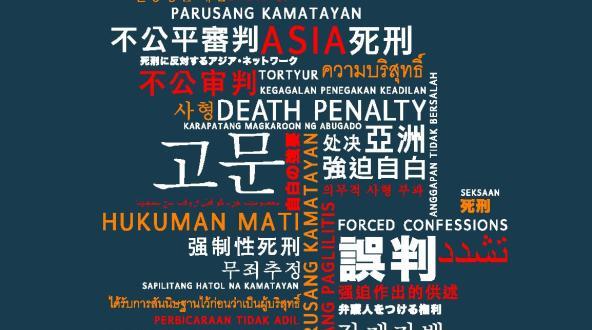
Article(s)
Asia: Stop executions and unfair trials
By ADPAN, on 6 December 2011
A hard-line group of Asian countries are defying the global trend against the death penalty and putting to death thousands of people after unfair trials every year, the Anti-Death Penalty Asia Network (ADPAN) said today in a new report.
2011
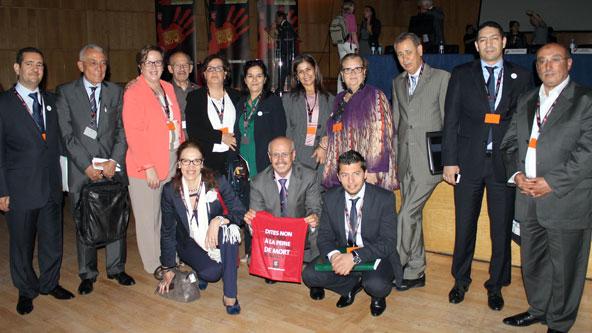
Article(s)
North Africa and Middle East between progress and frustrations
By Thomas Hubert, on 13 June 2013
Shaken up by revolutions and conflicts, the southern shores of the Mediterranean are more than ever enticed for abolition – but opposition is fierce.
2013
Algeria
Lebanon
Morocco
Spain
Tunisia

Article(s)
Middle East and North Africa: Abolitionist civil societies in full swing despite a difficult context
By Aurelie Placais, World Coalition Against the Death Penalty, on 15 February 2022
On the occasion of the publication of the Human Rights Watch World Report 2022, the World Coalition looks back at recent developments and civil society mobilization against the death penalty in the Arab world.
2022
Bahrain
Egypt
Fair Trial
Iraq
Moratorium
Morocco
Saudi Arabia
State of Palestine
Terrorism
Tunisia

Article(s)
Working with journalists to expose the death penalty’s flaws
By World Coalition Against the Death Penalty, on 30 June 2014
Journalists and activists held a joint practical workshop during the World Coalition’s recent AGM in Puerto Rico to discuss ways of getting the abolitionist message across in the media.
2014
Public Opinion
Puerto Rico
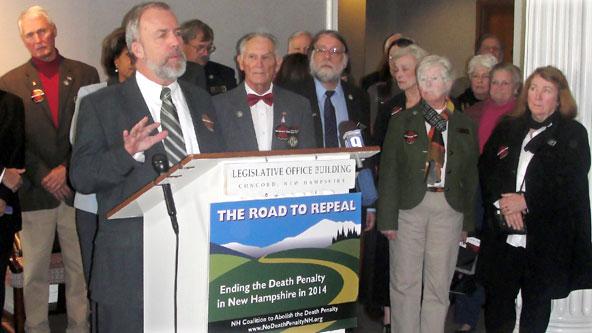
Article(s)
New conservative voices crucial in New Hampshire repeal campaign
By Thomas Hubert, on 26 February 2014
After a House committee passed a bill abolishing capital punishment on 11 February, State representative Renny Cushing explains the next steps as the World Coalition’s Steering Committee prepares to meet in New Hampshire in April.
2014
United States
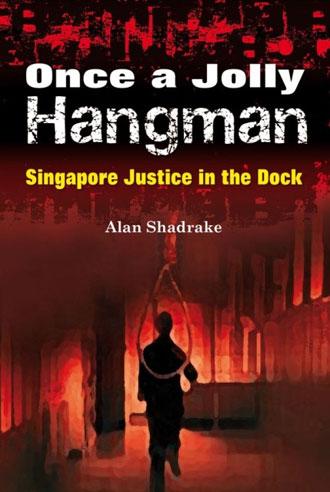
Article(s)
Singapore arrests writer over death penalty book
on 20 July 2010
The British author of a book on Singapore’s death penalty is facing prosecution for criticizing the massive use of capital punishment in the Asian city-state.
2010
Drug Offenses
Singapore
Page(s)
What is the Risk that the Death Penalty Will Return in Your Country?
on 20 August 2021
This interactive tool will allow you to identify the threat levels of the resurgence of the death penalty in your country. It is based on key indicators drawn from the experience of the World Coalition’s pilot project in three countries: the Maldives, the Philippines and Turkey from 2018 to 2021.
2021
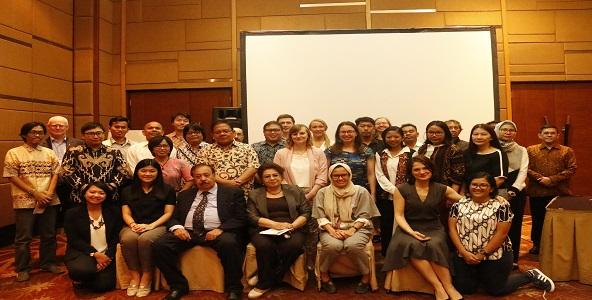
Article(s)
Dialogue on the death penalty during the 20th anniversary of the Reformasi
By Clémentine Etienne, on 27 June 2018
20 years after the end of the dictatorship, Indonesia is going through a period of legal changes and transition. What impact can abolitionist associations and NGOs working on the ground have in encouraging the actions of legal counsellors and civil society?
2018
Indonesia
Article(s)
World Coalition takes part in UN death penalty report launch
on 30 May 2010
The World Coalition held a side event to accompany the presentation of the 8th Quinquennial Report of the UN Secretary General on capital punishment in Vienna on May 19.
2010
Death Row Conditions
Innocence
Juveniles
Legal Representation
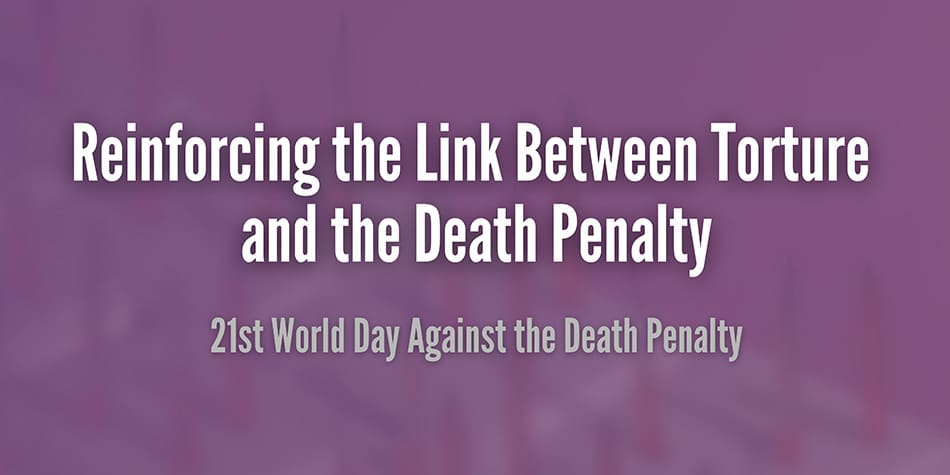
Article(s)
Reinforcing the Link Between Torture and the Death Penalty: 21st World Day Against the Death Penalty
By Venus Aves, on 17 November 2023
“There is no way in today’s world to apply the death penalty in a legal way, in a way that does not violate international law.” This was the bold and unequivocal assertion of former UN Special Rapporteur on Torture Juan Méndez in an online discussion with UN experts and exonerees organized by the World Coalition […]
2023
Cruel, Inhuman and Degrading Treatment and Punishment
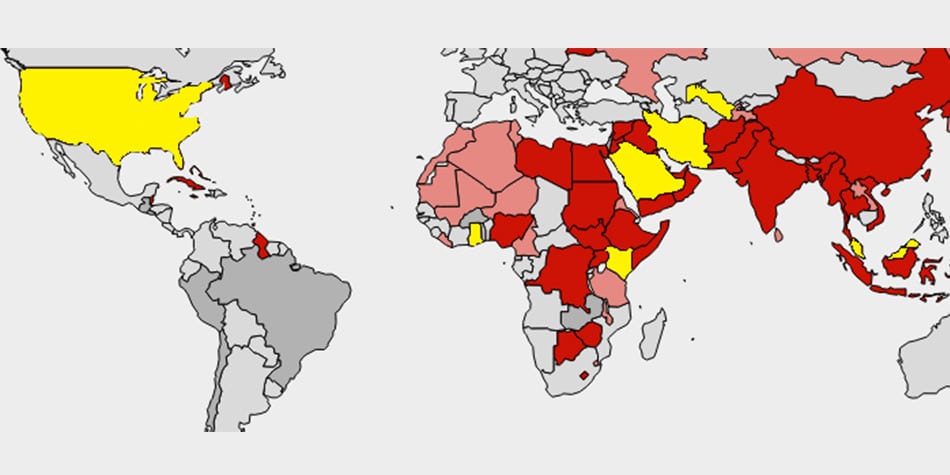
Article(s)
Mid-terms: A first half of 2023 marked by multiple abolitions
By Nellia Halimi, on 9 October 2023
The first seven months of 2023 have been rich for the abolitionist community with a new abolitionist country, a new abolitionist state in the United States, as well as progress for abolition within multiple countries. However, some countries continue to use the death penalty and there have been alarming increases in executions.
2023
Ghana
Iran (Islamic Republic of)
Kenya
Malaysia
Saudi Arabia
Singapore
Trend Towards Abolition
United States
Uzbekistan

Article(s)
Abolition of the death penalty at the United Nations Human Rights Council 52nd session
By World coalition against the death penalty, on 22 May 2023
The United Nations Human Rights Council met for its 52nd Regular Session from February 27 to April 4, 2023. If you missed it, here is what happened regarding the abolition of the death penalty!
2023
Trend Towards Abolition

Article(s)
Drug policy reform, harm reduction movement and the death penalty abolition movement have much in common
By Aurélie Plaçais, on 26 June 2019
As 26 June is “Support. Don’t Punish” Global Day of Action, the World Coalition shares some insight on the 2019 Harm Reduction International Conference which took place in Porto end of April.
2019
Drug Offenses
Article(s)
Call for interns
By Project 39A, on 14 June 2018
Project 39A offers a minimum of four-week long internships to students of law and related fields.
2018
India
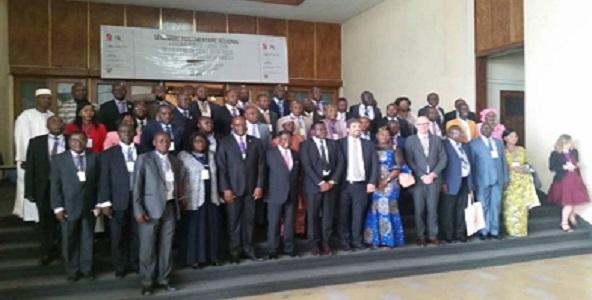
Article(s)
Parliamentarians from Francophone Africa meet in Kinshasa to discuss the abolition of the death penalty
By Parliamentarians for Global Action, on 12 June 2018
The 1st and 2nd June 2018, Parliamentarians for Global Action (PGA), Ensemble contre la peine de mort (Together against the death penalty, ECPM) and Culture pour la paix et la justice (Culture for peace and justice, CPJ) organised in Kinshasa (Democratic Republic of the Congo, DRC) a regional parliamentary seminar entitled “Abolition of the death penalty in Africa: the role of parliamentarians”, with the support of the European Union and of the Honourable Aubin Minaku, Speaker of the National Assembly of the DRC and Member of PGA.
2018
Democratic Republic of the Congo
Public Opinion

Article(s)
No reason to delay commencement of DDAA 2017
By Charles Hector - Ngeow Chow Ying, on 4 April 2018
The Dangerous Drugs Amendment Act which was passed by the Parliament and received a Royal Assent on December 27, 2017, only came into force on March 15, 2018.This statement deals with the fact that there was no reasons to this delay and it has condemned 10 persons to the mandatory dealph penalty for drug trafficking between december and february.
2018
Malaysia

Article(s)
Congo’s Presidential Election Strengthens the Controversial New Constitution that Abolished Capital Punishment
By Delphine Lourtau and Marion Gauer, on 20 April 2016
On March 20, 2016, a tense presidential election in the Republic of the Congo resulted in the re-election of President Denis Sassou Nguesso, who has been in power for a total of 32 years. One of the election’s least discussed outcomes is its solidification of the new constitution that President Sassou introduced last year and that provides for abolition of the death penalty.
2016
Congo

Article(s)
Kazakhstan Penal Code reform runs counter to abolitionist trend
By Anne Souléliac (Paris Bar), on 22 July 2014
The new Kazakh Penal Code provides for an increase in the number of capital crimes, even though Kazakhstan has been moving away from the death penalty for years and has a stated policy of meeting international standards.
2014
Kazakhstan
Kazakhstan
Terrorism
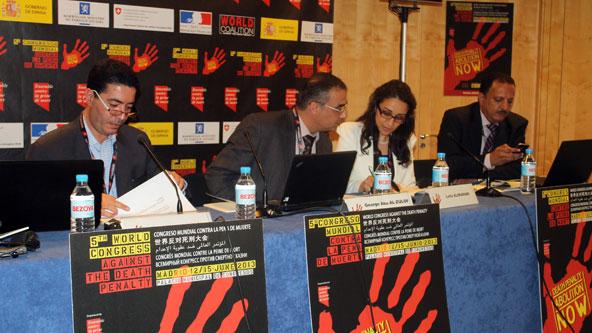
Article(s)
Small progress against the execution of minors
By Tiziana Trotta, on 14 June 2013
These are merely the very first steps down the road, but Iran, Sudan and Yemen, the only countries to apply the death penalty on juvelines along with Saudi Arabia, have just made some small progress on the issue.
2013
Iran (Islamic Republic of)
Juveniles
Sudan
Yemen
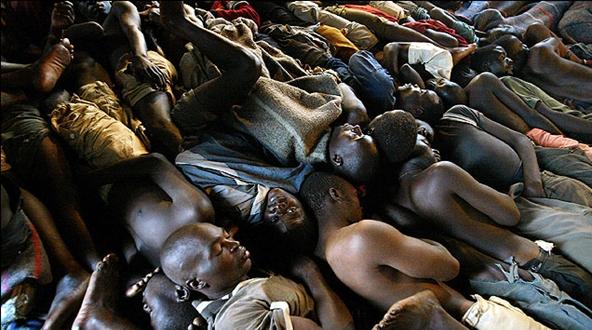
Article(s)
Malawi – five years after abolishing the mandatory death penalty
By Emile Carreau, on 19 September 2012
In 2007 abolitionists celebrated when the High Court of Malawi abolished the mandatory death penalty. In what become known as the Kafanteyeni ruling the mandatory death penalty was deemed by the bench as unconstitutional as it amounts to an arbitrary deprivation of life, denies an accused the right to a fair trial and the right to be free from inhuman and degrading treatment.
2012
Malawi
Article(s)
Global mobilisation against Iraq’s high-profile death sentences
on 4 December 2010
Several former associates of Saddam Hussein have been sentenced to death. The Iraqi President, NGOs and international diplomats are now fighting to save their lives.
2010
Clemency
Iraq
Iraq
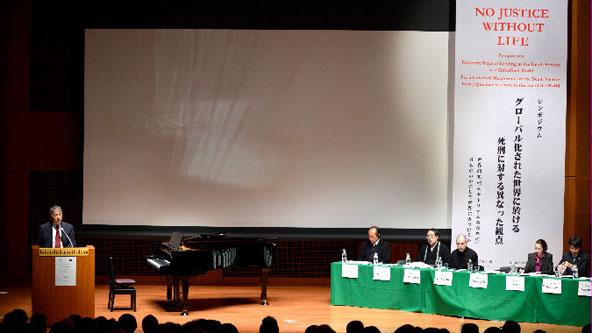
Article(s)
Japan’s death penalty under scrutiny
By The Advocates for Human Rights, on 5 November 2012
After a high-level conference on the abolition of the death penalty in Tokyo on October 29th, the United Nations’ Human Rights Council examined Japan’s record on October 31st as part of the Universal Periodic Review, a worldwide mechanism to monitor the enforcement of human rights. Major Japanese infringements concern the use of the death penalty.
2012
Clemency
Cruel, Inhuman and Degrading Treatment and Punishment
Death Row Conditions
Fair Trial
Intellectual Disability
Japan
Legal Representation
Mental Illness

Article(s)
The 8th World Congress reaffirms the importance of gender-based discussions
By World Coalition Against the Death Penalty, on 16 December 2022
The 19th World Day Against the Death Penalty highlighted the intersectional discrimination that women face in the judicial process leading to the death penalty, making visible one facet of the links between the death penalty and gender discrimination.
2022
Gender
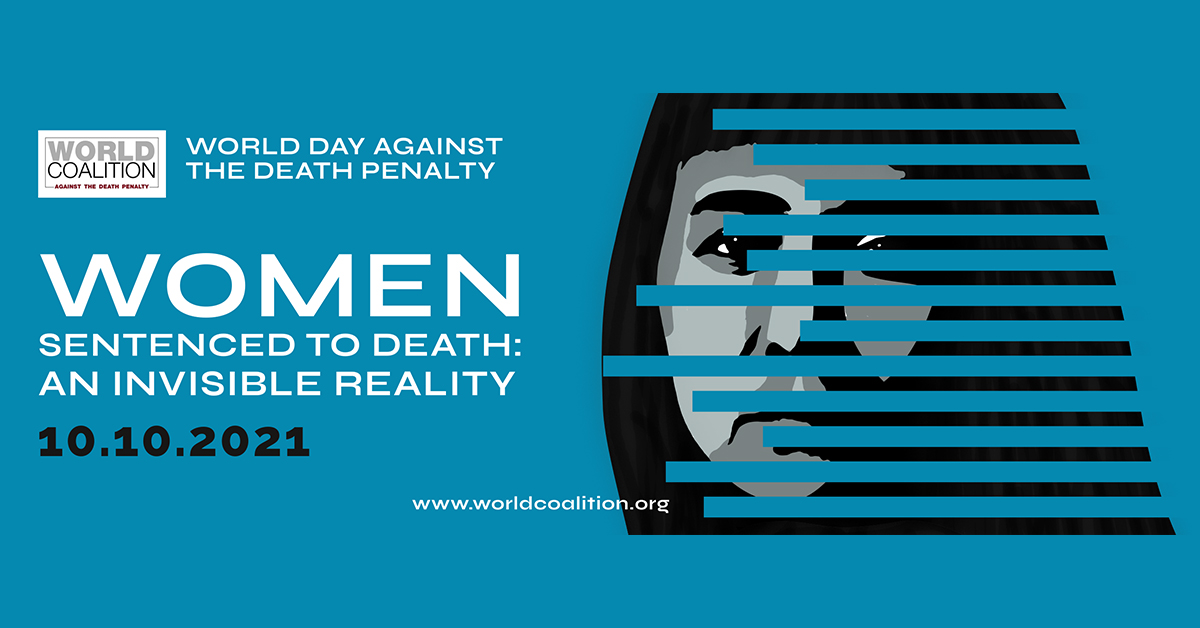
Article(s)
Joint Declaration on the Death Penalty and Women’s Rights
By World Coalition Against the Death Penalty, on 10 October 2021
As we mark the 19th World Day Against the Death Penalty dedicated to women facing capital punishment, who have been sentenced to death, who have been executed or who have been pardoned or found not guilty, the members of the World Coalition Against the Death Penalty and allies of women sentenced to death take this […]
2021
Women
Document(s)
STRENGTHENING THE DEFENCE IN DEATH PENALTY CASES IN THE PEOPLE´S REPUBLIC OF CHINA: Empirical Research into the Role of Defence Councils in Criminal Cases Eligible for the Death Penalty
By Hans Jörg Albrecht / Max Planck Institute for Foreign and International Criminal Law, on 1 January 2006
2006
Article
China
More details See the document
This project examines the role of defence councils in Chinese criminal proceedings that can end up with the imposition of the death penalty. It aims to review the problems defence lawyers face in such proceedings, the defence strategies they apply and to examine whether the assignment of a defence lawyer makes a difference in the outcome of a criminal trial. Moreover, the project explores what can and should be done to empower defence councils to effectively represent suspects and accused in death penalty eligible cases.The objective of the study is to shed light on the problems experienced by criminal defence councils when defending capital crime cases and to generate information on how death penalty cases are processed through the Chinese system of justice as well as the determinants of the outcomes death penalty eligible criminal cases.
- Document type Article
- Countries list China
- Themes list Legal Representation,
Document(s)
The politics of increasing punitiveness and the rising populism in Japanese criminal justice policy
By Setsuo Miyazawa / Punishment and Society, on 1 January 2008
2008
Article
Japan
More details See the document
The purpose of this article is (1) to establish that increasing punitiveness characterizes criminal justice policies in Japan and (2) to explain this trend in terms of the penal populism promoted by crime victims and supporting politicians. This article first examines newspaper articles to illuminate the increasingly punitive character of recent criminal justice policies in Japan in terms of both legislation and judicial decisions. The next section discusses the main contributing factors behind this trend and its public acceptance. The next two sections discuss two related issues: the public’s subjective sense of security, and the lack of a role for empirical criminologists in criminal justice policy making in Japan. The concluding section compares the Japanese and Anglo-American situations and argues that the same penal populism seen in Anglo-American countries is rapidly rising in Japan, and that public distrust of government has ironically increased the state’s investigative, prosecutorial, and sentencing powers in Japan. This article closes with the conjecture that police, prosecutors, and judges are unlikely to relinquish their increased power in the event that they gain the public’s trust and equally unlikely in the event of a change of the ruling party.
- Document type Article
- Countries list Japan
- Themes list Networks,

Article(s)
The Sunny Center
By Jessica Corredor, on 30 July 2018
“Extraordinary things can happen to ordinary people and still be OK »The Sunny Center is a place like no other place in the world. Perched on the top of a hill, it is surrounded by lakes and hills that multiply as far as the eye can see. The landscape is breath-taking. But the landscape is nothing compared to the founders of the Sunny Center. Sunny Jacobs, 72, and Peter Pringle, soon 80, began welcoming innocent people into their homes in 2011.
2018
Death Row Conditions
Innocence
Ireland
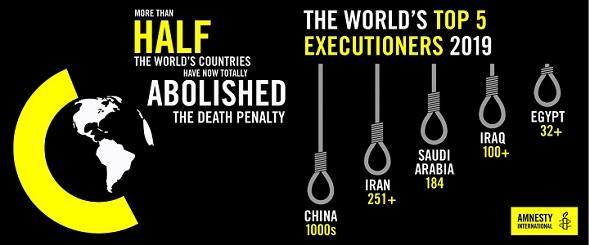
Article(s)
Death penalty in 2019: Facts and figures
By Amnesty International, on 22 April 2020
Amnesty International published its annual report on death sentences and executions worldwide on 21 April 2020. It showed that the number of known executions decreased slightly on the 2018 total, reaching the lowest figure in more than 10 years, despite Iraq nearly doubling its tally and Saudi Arabia having its highest executions total in any given year.
2020
Article(s)
Book: a victory on the road to abolition
on 19 January 2010
The Taiwan Alliance to End the Death Penalty has just published Staving off the Executioner, a book describing the Taiwanese abolitionist movement’s strategies, challenges and successes.
2010
Fair Trial
Legal Representation
Taiwan
Taiwan
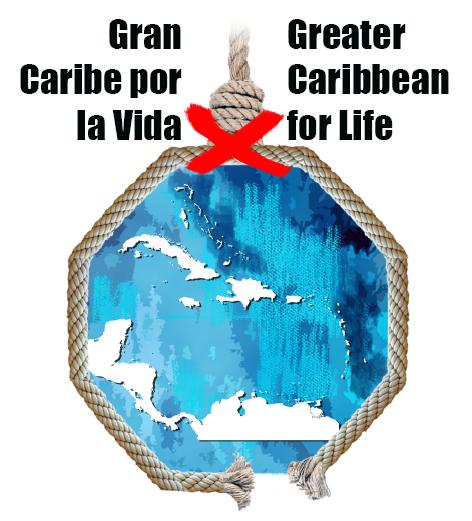
Article(s)
The Greater Caribbean for Life rejects the call for the resumption of the death penalty
By Leela Ramdeen, on 9 November 2017
The Greater Caribbean for Life (GCL), an independent, not-for-profit regional civil society organization working towards the abolition of the Death Penalty in the region, rejects the recommendation for the resumption of the death penalty.
2017
Document(s)
Abolition of the Death Penalty in the Eastern Caribbean and Barbados
on 15 December 2020
2020
Lobbying
Barbados
Trend Towards Abolition
More details Download [ pdf - 2611 Ko ]
Greater Caribbean for Life has launched its educational toolkit to assist activists and organisations as they work toward abolishing the death penalty in the Greater Caribbean. The production of this toolkit forms part of GCL’s activities under its EU partnered project to educate on death penalty abolition in the Eastern Caribbean and Barbados.
The launch of the toolkit is timely as a few of these target countries recently voted against adopting the UN Moratorium on the use of the death penalty and countries that had previously chosen to abstain have now firmly voted against the resolution.
GCL members condemn the rise of violent crime in our region and express solidarity and compassion with the victims of crime, however, we reject the notion that capital punishment will act as a deterrent or foster respect for life in our communities.
It is our hope that this toolkit will assist in promoting respect for the right to life for all human beings in the Caribbean region.
- Document type Lobbying
- Countries list Barbados
- Themes list Trend Towards Abolition

Article(s)
Lindy Lou Juror #2
By Clémentine Etienne, on 31 July 2018
On the occasion of the screening of the movie Lindy Lou Juror number 2 on Monday 25 June 2018, abolitionist associations such as Amnesty International, ACAT France, Together Against The Death Penalty French Collectif Free Mumia! and the World Coalition against the Death Penalty met at the Centre Wallonie Bruxelles in Paris.
2018
Public Opinion
United States
Article(s)
Web-Editor
By World Coalition Against the Death Penalty, on 17 October 2016
The World Coalition Against the Death Penalty is recruiting a Web-editor for its website.
2016

Article(s)
Bahrain: Joint appeal for commutation and moratorium
By Salam for Democracy and Human Rights, on 13 January 2022
Joint Appeal was published on World Day Against the Death Penlaty on 10 October 2021 and sent to the Bahraini Embassy in France, UK and Switzerland.
2022
Bahrain
Clemency
Moratorium
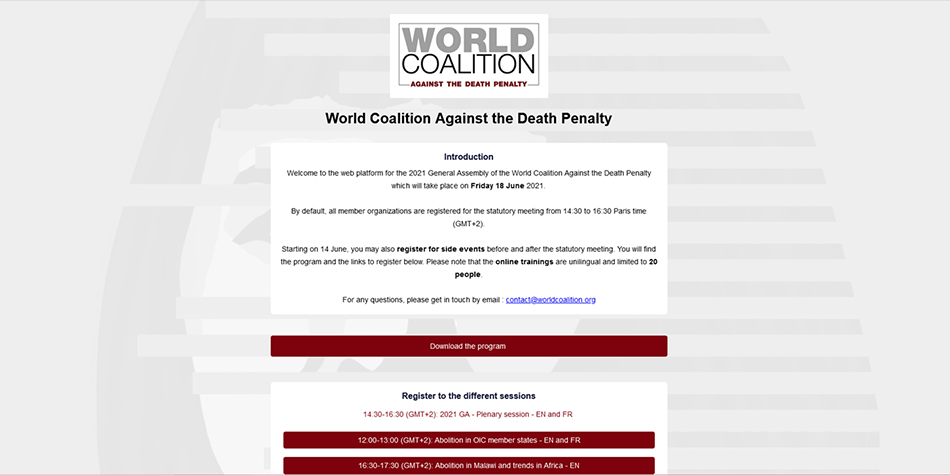
Article(s)
Recapping and video recordings of the side events of the 2021 General Assembly
By Elise Garel, World Coalition Against the Death Penalty, on 27 September 2021
On June 18, 2021, on the sidelines of the General Assembly of the World Coalition Against the Death Penalty, several events were organized. These events were an opportunity for the members of the World Coalition to address many issues related to the fight for the abolition of the death penalty.
2021
Juveniles
Legal Representation
Women
Document(s)
Initiatives World Day 2006
By World Coalition against the death penalty , on 10 October 2006
2006
Campaigning
Trend Towards Abolition
frMore details See the document
Initiatives World Day 2006
- Document type Campaigning
- Themes list Trend Towards Abolition
- Available languages Initiatives journée mondiale 2006
Document(s)
Convicting the Innocent: Where Criminal Prosecutions Go Wrong
By Brandon L. Garrett / Harvard University Press, on 1 January 2011
2011
Book
United States
More details See the document
Very few crimes committed in the United States involve biological evidence that can be tested using DNA. Convicting the Innocent makes a powerful case for systemic reforms to improve the accuracy of all criminal cases.
- Document type Book
- Countries list United States
- Themes list Innocence,
Document(s)
Identifying and (Re)formulating Prophylactic Rules, Safe Harbors, and Incidental Rights in Constitutional Criminal Procedure
By Susan R. Klein / Michigan Law Review, on 1 January 2001
2001
Article
United States
More details See the document
The Miranda conundrum runs something like this: If the Miranda decision represents true constitutional interpretation, and all unwarned statements taken during custodial interrogation are compelled” within the meaning of the self-incrimination clause, the impeachment and “”fruits”” exceptions to Miranda should fall. If it is not true constitutional interpretation, than the Court has no business reversing state criminal convictions for its violation. I offer here what I hope is a satisfying answer to this conundrum, on both descriptive and normative levels, that justifies not only Miranda but a host of similar Warren, Burger, and Rehnquist Court decisions as well. In Part I, I introduce and define the terms “”constitutional prophylactic rule,”” “”constitutional safe harbor rule,”” and “”constitutional incidental right,”” and attempt to legitimate their use. I further demonstrate that constitutional criminal procedure is so flush with such prophylactic and safe harbor rules and incidental rights that trying to eliminate them now, by either reversing a large number of criminal procedure cases or “”constitutionalizing”” all of those holdings, would do more harm than good. I propose that we accept the fact that these rules and rights are a fixed part of our constitutional landscape, and focus instead on minimizing their risks and maximizing their benefits”
- Document type Article
- Countries list United States
- Themes list Fair Trial,
Document(s)
The Advocacy Handbook: A Guide to Implementing Recommendations of the Criminal Justice/Mental Health Consensus Project
By Council of State Governments Justice Center, on 1 January 2006
2006
Campaigning
More details See the document
A how-to guide for advocates who want to improve the response to people with mental illnesses who are in contact with the criminal justice system. The Advocacy Handbook reflects a shared effort among NAMI (the National Alliance for the Mentally Ill), the National Mental Health Association (NMHA), the National Association of State Mental Health Program Directors (NASMHPD), the Bazelon Center for Mental Health Law, and the Criminal Justice / Mental Health Consensus Project.
- Document type Campaigning
- Themes list Networks,
Document(s)
The State of Criminal Justice 2012
By American Bar Association / Ronald Tabak, on 1 January 2012
2012
NGO report
More details See the document
The American Bar Association recently published The State of Criminal Justice 2012, an annual report that examines major issues, trends and significant changes in America’s criminal justice system.
- Document type NGO report
- Themes list Country/Regional profiles,
Document(s)
Portuguese : A PENA DE MORTE NA LEGISLAÇÃO CRIMINAL COMUM DO BRASIL -O CASO MOTTACOQUEIRO E SUA REPERCUSSÃO
By SÉRGIO DA COSTA FRANCO, on 8 September 2020
2020
Article
Brazil
More details See the document
Este artigo trata da pena de morte dentro da legislação criminal brasileira, analisando algumas sanções impostas no período colonial, por meio do Livro V das Ordenações Filipinas, bem como da legislação pertinente no Brasil Império, pelo Código Criminal de 1830 e suas reformas de 1832 e 1835. Por fim, discorre sobre o processo Motta Coqueiro e sua repercussão na sociedade, após decisão condenatória do réu, posteriormente provado inocente, com o intuito de acabar com este tipo de penalidade no Brasil.
- Document type Article
- Countries list Brazil
- Themes list Networks,
Document(s)
Legislative Expansion and Judicial Confusion: Uncertain Trajectories of the Death Penalty in India
By Anup Surendranath and Maulshree Pathak, on 1 September 2022
2022
Academic report
India
More details See the document
The numbers and the politics of the death penalty in India tell very different stories, presenting complicated narratives for its future. The public reaction to instances of sexual violence and other offences over the last decade and the consequent political response has significantly strengthened the retention and expansion of the death penalty. This is reflected from the fact that that of all the death sentences that district courts impose, only about 5 percent get confirmed in India’s appellate system. However, does this mean there is growing scepticism about the death penalty in the Supreme Court of India? Unfortunately, the answer is far from simple. An assessment of the death penalty in India’s appellate courts during the last decade will demonstrate that a crime-centric approach has hindered any principled discomfort with the death penalty or the manner of its administration. In particular, the Supreme Court has faltered in high-profile death sentence cases (i.e., offences against the state and sexual violence cases), and its track record of commutations has very little to do with principled considerations on sentencing. This paper argues that the political and judicial imagination of the death penalty, as a necessary part of the response to crime, creates significant and unique challenges for the path towards abolition.
This article was first published in Crime Justice Journal: https://www.crimejusticejournal.com/issue/view/119
- Document type Academic report
- Countries list India
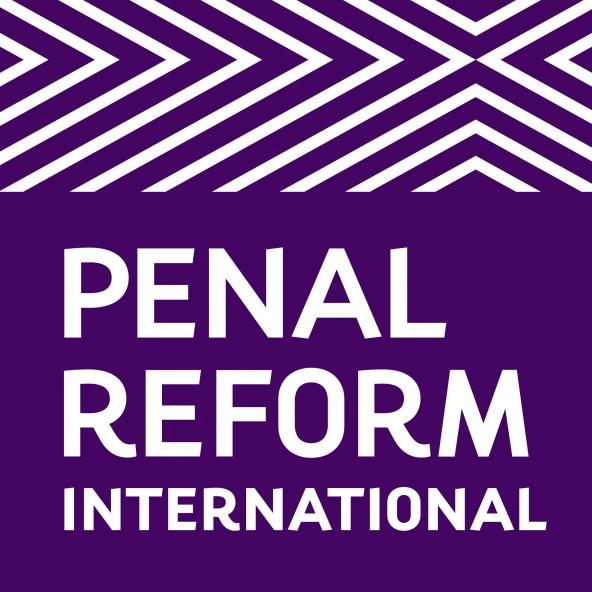
Member(s)
Penal Reform International (PRI)
on 30 April 2020
Penal Reform International (PRI) is an independent international non-governmental organisation that structures its work through a policy programme, regional programmes, and a governance and strategy programme that ensures learning and impact. Registered in The Netherlands (registration no 40025979), PRI operates globally with offices in multiple locations. We work to promote criminal justice systems that uphold […]
2020
United Kingdom
Document(s)
Debunking the deterrence theory
By World coalition against the death penalty, on 9 July 2024
2024
Campaigning
World Coalition
frMore details Download [ pdf - 593 Ko ]
- Document type Campaigning / World Coalition
- Available languages La théorie de la dissuasion démystifiée

Member(s)
The American Constitution Society (ACS)
on 5 September 2022
The American Constitution Society (ACS) is a United States-based network of progressive lawyers, law students, judges, policymakers, legislators, and academics dedicated to realizing the promises of the U.S. Constitution by advancing and defending democracy, justice, equality, and liberty; securing a government that serves the public interest; and guarding against the abuse of law and the […]
2022
United States

Member(s)
Ensemble contre la peine de mort (ECPM)
on 30 April 2020
Since 2000, Together against the Death Penalty (Ensemble contre la peine de mort – ECPM) acts to fight against the death penalty around the world. The association promotes the universal abolition through the creation and dissemination of publications and teaching tools, as part of public campaigns and lobbies governments at both national and international levels. […]
2020
France

Member(s)
The Advocates for Human Rights
on 30 April 2020
The mission of The Advocates for Human Rights is to implement international human rights standards in order to promote civil society and reinforce the rule of law. By involving volunteers in research, education, and advocacy, The Advocates build broad constituencies in the United States and select global communities. In 1991, The Advocates adopted a formal […]
United States
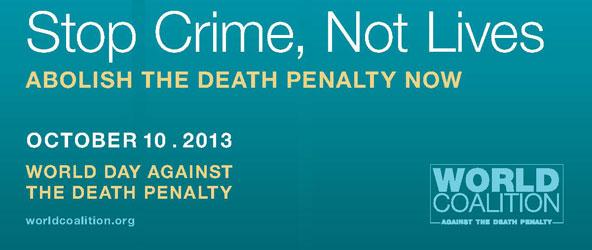
Article(s)
Calendar of events for World Day
By WCADP, on 10 September 2013
On 10 October 2013, the World Day Against the Death Penalty is focusing on the death penalty in the Greater Caribbean. Browse the schedule and the map to prepare and promote the events planned around the world on the big day.
2013
Cruel, Inhuman and Degrading Treatment and Punishment
Document(s)
Worked to Death: A study on migrant workers and capital punishment
By Migrant Care and Reprieve, on 24 November 2021
2021
NGO report
Fair Trial
Indonesia
Legal Representation
Malaysia
Nigeria
Pakistan
Saudi Arabia
Women
More details See the document
Foreign nationals, and within this group migrant workers, are a population that disproportionately faces the death penalty around the world. The data and statistics gathered by Reprieve and Migrant CARE for this report show that migrant workers as a sub-set of the foreign national population are at grave risk of human rights violations related to the death penalty, including arbitrary deprivation of the right to life in the context of unlawful death sentences and executions.
This report focuses on: states that receive migrant workers (‘receiving states’), in particular the states that make up the Association of South East Asian Nations or ASEAN (‘South East Asian states’) and the Gulf Cooperation Council (‘Gulf states’), and on states from which migrant workers travel to work (‘sending states’).
- Document type NGO report
- Countries list Indonesia / Malaysia / Nigeria / Pakistan / Saudi Arabia
- Themes list Fair Trial / Legal Representation / Women
Document(s)
Somebody’s Child: Amid the Lingering Trauma of Trump’s Executions, a New Project Brings Families to Federal Death Row
By The Intercept, on 15 February 2024
2024
Article
United States
More details See the document
Published on February 11, 2024.
In 2002, Ra’id was arrested alongside several other suspects following a botched bank robbery that left two people dead and another paralyzed. His co-defendants pointed to him as the mastermind, which Ra’id adamantly denied. “I did not take part in that atrocity,” he told the court following his trial. “I did not shoot and kill anyone.”
Newson attended his father’s sentencing hearing, along with his mother, Jeannie Gipson-Newson. A death sentence would be “devastating to my child,” she remembered testifying. But it felt futile. The jurors seemed to have made up their minds. In 2004, Ra’id was sentenced to die.
- Document type Article
- Countries list United States
Document(s)
INSECURITY REVEALED: Voices Against the Death Penalty
By World Coalition Against the Death Penalty, on 6 August 2024
2024
Campaigning
World Coalition
frMore details Download [ pdf - 1313 Ko ]
- Document type Campaigning / World Coalition
- Available languages L'INSÉCURITÉ RÉVÉLÉE : Voix contre la peine de mort
Document(s)
Leaflet – World Day 2023
on 12 June 2023
2023
Campaigning
World Coalition
arfrMore details Download [ pdf - 1095 Ko ]
Leaflet for the 21th World Day against the death penalty (2023), on torture and the death penalty.
- Document type Campaigning / World Coalition
- Available languages كتيب - اليوم العالمي 2023Brochure - Journée mondiale 2023
Document(s)
Singapore’s death penalty for drug trafficking: What the research says and doesn’t
By Academia SG - Promoting Scorlorahsip Of/For/By Singapore, on 24 January 2024
2024
Academic report
Drug Offenses
Singapore
More details See the document
Published on October 7, 2023.
Of all retentionist countries, Singapore seems to be the most vocal about the need to execute individuals as a form of criminal punishment. MAI SATO (Monash University) reviews studies conducted or commissioned by Singapore’s Ministry of Home Affairs that claim public backing for and the effectiveness of the death penalty in managing drug trafficking. Sato finds that these studies provide far weaker evidence for using the death penalty for drug trafficking than their authors and officials citing them claim.
- Document type Academic report
- Countries list Singapore
- Themes list Drug Offenses
Document(s)
Co-Sponsorship, Note Verbale, and Association Behaviour at the Unga: An Analysis of the Death Penalty Moratorium Resolutions
By Daniel Pascoe & Sangmin Bae, on 22 April 2021
2021
Academic report
Moratorium
More details See the document
Since December 2007, seven resolutions in favour of a universal moratorium on death penalty executions have been adopted by the UN General Assembly. In an earlier paper (Pascoe and Bae 2020) we examined UN member states’ voting patterns over these seven resolutions, asking why some countries vote in a manner seemingly contradictory to their domestic death penalty practices. With a slightly different focus, we now further explore idiosyncratic state behaviour, this time through an analysis of co-sponsorship and the note verbale of dissociation. Our assumption is that states which plan to vote ‘yes’ in the plenary will also co-sponsor the resolution beforehand. We also presume that states which vote ‘no’ in the plenary will sign the note verbale invariably circulated several months later, as a further means of condemnation.
However, when it comes to the moratorium resolutions, not all member states fit into either of these binary categories. Many countries situate themselves in between the two groups of ‘genuine’ supporters and opponents. These countries in the middle evince inconsistency between their plenary votes and what we term their ‘association behaviour’ before or after the plenary, consisting of co-sponsorship and adherence to the note verbale. This paper analyses these groups of countries to determine the underlying causes for their ambivalent, or even contradictory, positions concerning the moratorium resolutions. The findings of this research stand to enrich not only the academic literature on international organizations, but also to inform the campaigning efforts of abolitionist UN member states and non-governmental organizations.
- Document type Academic report
- Themes list Moratorium
Document(s)
Roper and Race: the Nature and Effects of Death Penalty Exclusions for Juveniles and the “Late Adolescent Class”
By Craig Haney, Frank R. Baumgartner and Karen Steele, on 20 October 2022
2022
Academic report
United States
More details See the document
In Roper v. Simmons (2005), the US Supreme Court raised the minimum age at which someone could be subjected to capital punishment, ruling that no one under the age of 18 at the time of their crime could be sentenced to death. The present article discusses the legal context and rationale by which the Court established the current age-based limit on death penalty eligibility as well as the scientific basis for a recent American Psychological Association Resolution that recommended extending that limit to include members of the “late adolescent class” (i.e., persons from 18 to 20 years old). In addition, we present new data that address the little-discussed but important racial/ethnic implications of these age-based limits to capital punishment, both for the already established Roper exclusion and the APA-proposed exclusion for the late adolescent class. In fact, a much higher percentage of persons in the late adolescent class who were sentenced to death in the post-Roper era were non-White, suggesting that their age-based exclusion would help to remedy this problematic pattern.
- Document type Academic report
- Countries list United States
Document(s)
Caught in a Web Treatment of Pakistanis in the Saudi Criminal Justice System
By Human Rights Watch / Justice Project Pakistan, on 8 September 2020
2020
NGO report
Pakistan
More details See the document
Report about the treatment of Pakistanis in the Saudi criminal justice system
- Document type NGO report
- Countries list Pakistan
- Themes list Discrimination, Foreign Nationals,
Document(s)
Wrongful Convictions and the Culture of Denial in Japanese Criminal Justice
By David T. Johnson / The Asia-Pacific Journal, on 1 January 2015
2015
Article
Japan
More details See the document
The release of Hakamada Iwao from death row in March 2014 after 48 years of incarceration provides an opportunity to reflect on wrongful convictions in Japanese criminal justice. My approach is comparative because this problem cannot be understood without asking how Japan compares with other countries: to know only one country is to know no country well. Comparison with the United States is especially instructive because there have been many studies of wrongful conviction there and because the U.S. and Japan are the only two developed democracies that retain capital punishment and continue to carry out executions on a regular basis. On the surface, the United States seems to have a more serious problem with wrongful convictions than Japan, but this gap is more apparent than real. To reduce the problem of wrongful convictions in Japanese criminal justice, reformers must confront a culture of denial that makes it difficult for police, prosecutors, and judges to acknowledge their own mistakes.
- Document type Article
- Countries list Japan
- Themes list Fair Trial, Innocence,
Document(s)
Reforming Criminal Justice
By Arizona State University (ASU), on 1 January 2017
2017
Academic report
More details See the document
Reforming Criminal Justice is a four-volume report meant to enlighten reform efforts in the United States with the research and analysis of leading academics. Broken down into individual chapters—each authored by a top scholar in the relevant field—the report covers dozens of topics within the areas of criminalization, policing, pretrial and trial processes, punishment, incarceration, and release. The chapters seek to enhance both professional and public understanding of the subject matter, to facilitate an appreciation of the relevant scholarly literature and the need for reform, and to offer potential solutions. The ultimate goal is to increase the likelihood of success when worthwhile reforms are debated, put to a vote or otherwise considered for action, and implemented in the criminal justice system.
- Document type Academic report
- Themes list Due Process , Fair Trial, Legal Representation, Death Penalty,

